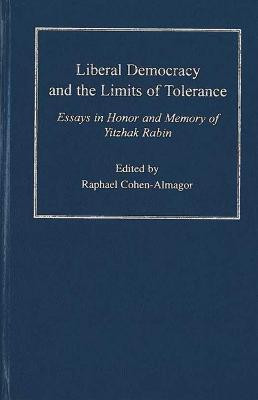Liberal Democracy and the Limits of Tolerance(English, Hardcover, unknown)
Quick Overview
Product Price Comparison
An irony inherent in all political systems is that the principles that underlie and characterize them can also endanger and destroy them. This collection examines the limits that need to be imposed on democracy, liberty, and tolerance in order to ensure the survival of the societies that cherish them. The essays in this volume consider the philosophical difficulties inherent in the concepts of liberty and tolerance; at the same time, they ponder practical problems arising from the tensions between the forces of democracy and the destructive elements that take advantage of liberty to bring harm that undermines democracy. Written in the wake of the assasination of Yitzhak Rabin, this volume is thus dedicated to the question of boundaries: how should democracies cope with antidemocratic forces that challenge its system? How should we respond to threats that undermine democracy and at the same time retain our values and maintain our commitment to democracy and to its underlying values? All the essays here share a belief in the urgency of the need to tackle and find adequate answers to radicalism and political extremism. They cover such topics as the dilemmas embodied in the notion of tolerance, including the cost and regulation of free speech; incitement as distinct from advocacy; the challenge of religious extremism to liberal democracy; the problematics of hate speech; free communication, freedom of the media, and especially the relationships between media and terrorism. The contributors to this volume are David E. Boeyink, Harvey Chisick, Irwin Cotler, David Feldman, Owen Fiss, David Goldberg, J. Michael Jaffe, Edmund B. Lambeth, Sam Lehman-Wilzig, Joseph Eliot Magnet, Richard Moon, Frederick Schauer, and L.W. Sumner. The volume includes the opening remarks of Mrs.Yitzhak Rabin to the conference--dedicated to the late Yitzhak Rabin--at which these papers were originally presented. These studies will appeal to politicians, sociologists, media educators and professionals, jurists and lawyers, as well as the general public.


